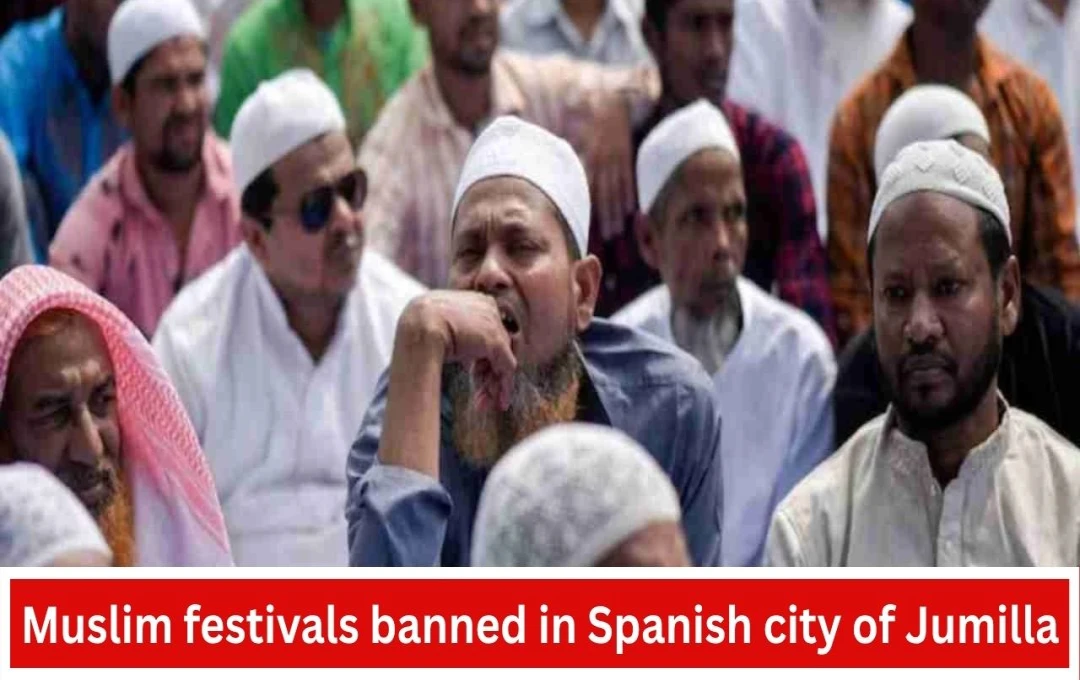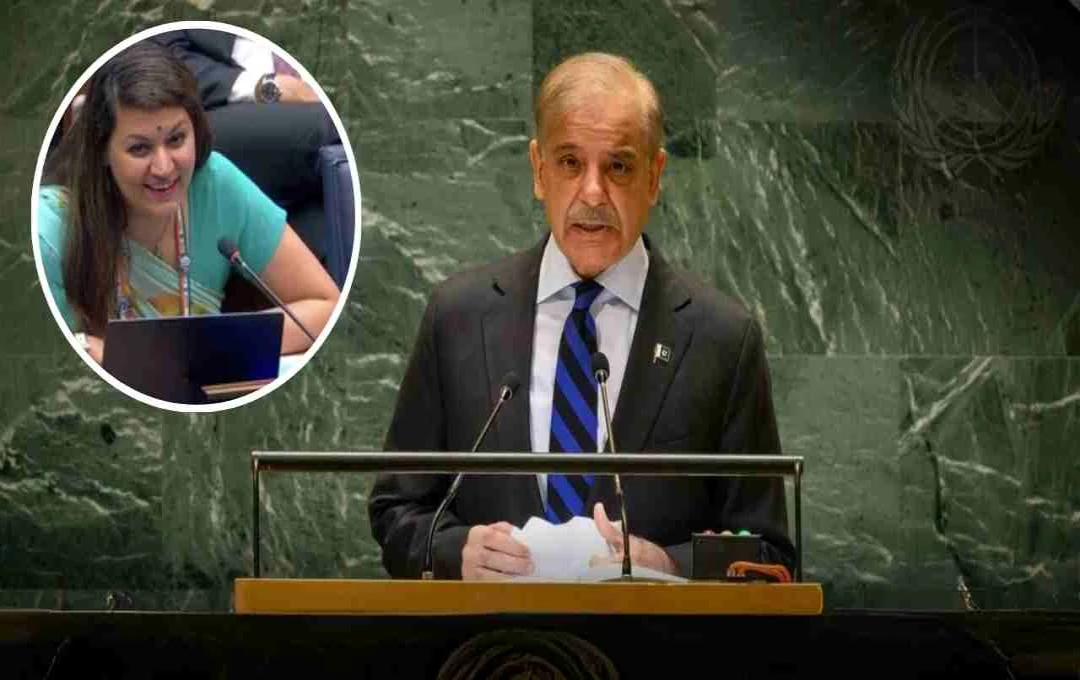In the Spanish city of Murcia, Muslims have been banned from celebrating festivals like Eid in public places. This move has been implemented with the support of right-wing parties. The Muslim community has described it as unconstitutional and discriminatory.
Spain: In Jumilla, a small city in the southeastern region of Murcia in Spain, local authorities have banned Muslims from celebrating religious festivals such as Eid-ul-Fitr and Eid-ul-Adha in public spaces. This decision follows a motion passed by the city's municipality. The decision has sparked widespread outrage within the Muslim community and has become a subject of national debate.
What the Motion States
The motion explicitly states that the municipality's sports facilities and public spaces cannot be used for any religious, cultural, or social event that does not align with the city's 'identity.' Such activities will not be permitted unless organized by the local authority itself.
Who Proposed and Supported the Motion
The motion was put forward by the conservative 'People's Party' (PP). During the voting, the right-wing party 'VOX' was absent but later declared the decision a victory on social media. Meanwhile, left-wing parties opposed the motion, but it was passed despite their opposition.
VOX Party's Statement
The VOX party wrote on its official X (formerly Twitter) handle, "Thanks to VOX, the first step towards banning Islamic festivals in public spaces in Spain has been successful. Spain has always been and will remain a land of Christians."

Munir Benjelloun Andalusi Azhari, president of the Spanish Federation of Islamic Organizations, has described the decision as 'Islamophobic' and discriminatory. He stated that this decision specifically targets the Islamic community while no such restrictions are placed on other religions.
Criticism from Local Leaders
Francisco Lucas, a socialist leader from Murcia, alleged that the decision violates Article 16 of the Spanish Constitution. This article ensures freedom of religion, thought, and worship. Former Mayor Juana Guardiola questioned whether the administration is denying the Muslim heritage that has been part of the region for centuries.
Preparation for Legal Challenge
According to a report by The Guardian, the decision will be legally challenged. It is believed that the ban goes against the spirit of the Constitution. According to the Constitution, religious freedom can only be limited if it directly affects public order.
Muslim Heritage and the History of Jumilla
The history of Jumilla testifies that the region was once under Muslim rule. In the eighth century, the Arabs occupied it and named it Yumil-la. The area remained a center of Muslim culture and administration for a long time. However, in the 13th century, Alfonso X of the Christian kingdom took control of it, and later Muslim rule ended.
Present-day Jumilla and the Muslim Population
Today, Jumilla has a population of approximately 27,000, of which about 7.5% are immigrants from Muslim countries. Their presence has become an integral part of the city's culture and society. Imposing restrictions on religious festivals may affect this social harmony.
An Example of Growing Intolerance in Europe
This decision is indicative of growing intolerance and polarization not only in Spain but across Europe. In recent years, many European countries have taken harsh measures against immigrants and minorities. The increase in incidents of Islamophobia has made these communities feel unsafe.














